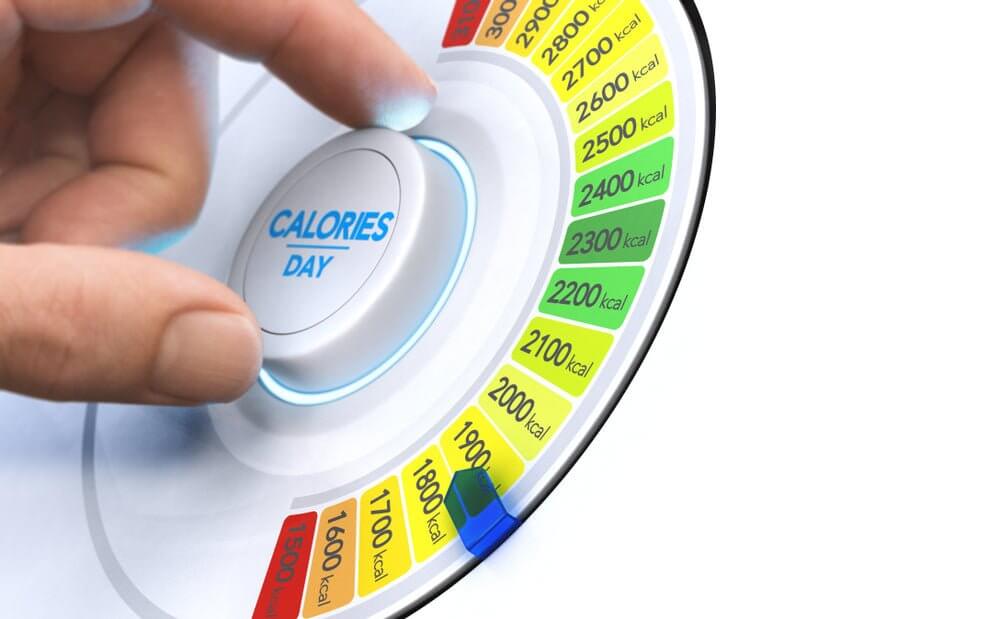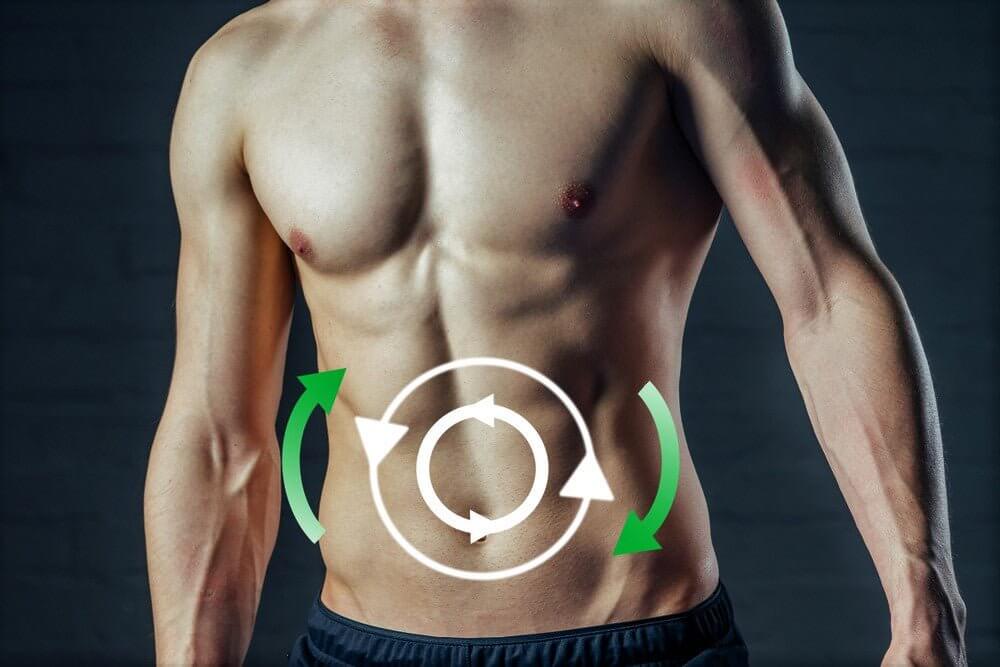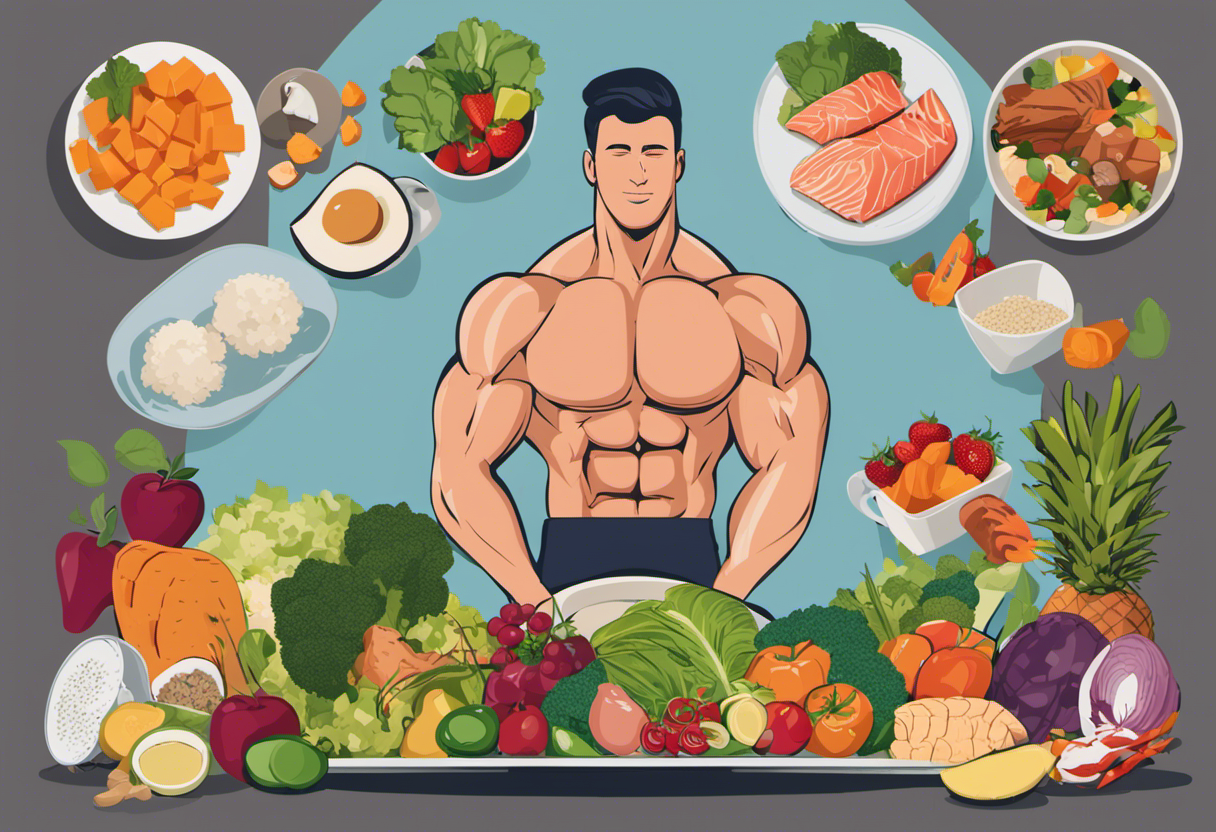
How many calories should you eat a day to lose weight?
How many calories should you consume on average?
The answer to this question depends on many factors, including your age, height, current weight, activity level, and metabolic health, among others.
When trying to lose weight, a general rule is to reduce your calorie intake to 500 calories less than your body needs to maintain your current weight. This will help you lose about 0.45 kg of body weight per week.
Below are average calorie ranges that take these factors into account.
Women
The average, moderately active woman between the ages of 26 and 50 needs to consume about 2,000 calories per day to maintain her weight and 1,500 calories per day to lose 0.5 kg of weight per week.
Women who are active and walk more than 5 km per day will need to consume 2,200 calories or more per day to maintain their weight and at least 1,700 calories to lose 0.5 kg of weight per week.
Young women in their early twenties have higher caloric needs. They need about 2,200 calories a day to maintain their weight.
Women over 50 generally need fewer calories. The average moderately active woman over 50 needs about 1800 calories per day to maintain her weight and 1300 calories per day to lose 0.5 kg per week.
These estimates do not apply to pregnant or breastfeeding women, as their caloric needs are significantly higher.
Men
The average, moderately active male, ages 26 to 45, needs 2,600 calories per day to maintain weight and 2,100 calories per day to lose 0.5 kg per week.
Active men who walk more than 5 km per day may need 2,800 to 3,000 calories per day to maintain weight and 2,300 to 2,500 calories per day to lose 0.5 kg of weight per week.
Young men between the ages of 19 and 25 have higher energy needs. They need an average of 2,800 calories a day to maintain their weight and up to 3,000 if they are active. To lose 0.5 kg per week, moderately active young men need to consume between 2,300 and 2,500 calories per day.
Energy needs decrease with age. Between the ages of 46 and 65, moderately active men need an average of 2,400 calories per day. After age 66, the average man's caloric needs decrease to about 2,200 calories per day.
Children
Children have widely varying caloric needs depending on their age, size and activity level.
While the average young child needs 1,200 to 1,400 calories per day, the average moderately active teenager needs 2,000 to 2,800 calories per day. Active teens need even more calories.
Children who are growing and developing normally and who engage in regular physical activity generally do not need to count calories. When offered a range of healthy options, most moderately active children naturally eat the amount of food their bodies need.
What are calories?
A calorie is a unit that measures energy. Calories are generally used to measure the energy content of foods and beverages. To lose weight, you need to eat fewer calories than your body burns each day.
How to Reduce Calorie Intake
Calories are simply a measure of energy. To gain weight, you must consume more calories than you expend. Conversely, you lose weight if you use more calories than you consume.
That said, cutting calories regardless of the foods you eat is generally not a sustainable way to lose weight. For example, choosing more nutrient-dense foods will benefit your health more than opting for nutrient-poor foods.
Although this method works for some people, most end up getting hungry and reverting to their old ways.
That's why it's highly recommended that you make a few other permanent changes to help you maintain a long-term calorie deficit without feeling starved.
The following evidence-based diet and lifestyle changes have been shown to help people lose weight.
1. Eat more protein
When it comes to weight loss, protein is the king of nutrients.
Adding protein to your diet is a simple and effective way to lose weight with minimal effort.
Studies show that protein increases your metabolic rate and helps reduce your appetite.
Since protein needs energy to be metabolized, a high protein diet can increase the number of calories you burn by 80 to 100 calories per day.
Eating protein helps you stay full longer and can help you consume fewer calories throughout the day. An older study showed that people who got 30% of their calories from protein ate 441 fewer calories per day.
In other words, you can increase the number of calories you burn and decrease the number of calories you consume simply by adding protein to your diet. Protein can also help fight food cravings.
If you want to lose weight permanently and with minimal effort, consider increasing your protein intake.
This could not only help you lose weight, but also prevent or reduce weight regain.
2. Avoid sugary sodas and fruit juices
Another relatively easy change you can make is to eliminate liquid sugar calories from your diet.
This includes sodas, fruit juices, chocolate milk and other drinks with added sugar.
Your brain does not register liquid calories the same way as solid calories.
That's why drinking a sugary soda doesn't trick your brain into automatically compensating by making you eat smaller amounts of other things instead.
Studies have shown that sugary drinks are strongly linked to an increased risk of obesity, with one study in children showing a 60% increased risk for each daily serving of a sugary drink.
The harmful effects of sugar go beyond weight gain. It can have negative effects on metabolic health and increase the risk of many diseases.
Consuming fruit, which also contains fiber and other important nutrients, is not associated with the same negative effects as consuming fruit juice or other sugary drinks. On the other hand, consuming large amounts of added sugar and sugary drinks can harm your health in a variety of ways.
There is no physiological need for these beverages, and the long-term benefits of avoiding them can be enormous.
3. Drink more water
A very simple trick to increase weight loss is to drink more water.
When you drink water may be even more important. Drinking water immediately before meals can help reduce hunger and cause you to eat fewer calories.
Coupled with a healthy diet, drinking more water, especially before meals, appears to be helpful if you need to lose weight.
Drinking caffeinated beverages, such as coffee and green tea, can also boost metabolism slightly, at least in the short term. This practice is associated with weight loss and maintenance.
4. Exercise and lift weights
When you eat fewer calories, your body compensates by saving energy, causing you to burn fewer calories.
This is why long-term calorie restriction can significantly lower your metabolism.
In addition, it can lead to loss of muscle mass. Muscles are metabolically active, which can lower your metabolism even further.
The only proven strategy to avoid this effect is to strain your muscles by lifting weights.
This strategy has been shown time and time again to prevent muscle loss and prevent metabolism from slowing down during long-term calorie restriction.
When trying to lose weight, it's important to maintain or build muscle in addition to losing fat.
If you can't get to a gym, consider doing bodyweight exercises like push-ups, squats, and sit-ups at home.
Doing some cardio, including walking, swimming, or jogging, can also be important — not necessarily for weight loss, but for optimal health and overall well-being.
Plus, exercise has a variety of other benefits that go beyond weight loss, such as increased longevity and energy levels, lower risk of disease, and just feeling better. each day .
5. Reduce your intake of refined carbohydrates
Reducing carbohydrates is a very effective way to lose weight because it reduces appetite and makes you eat fewer calories.
Studies have shown that following a low-carb diet until fullness can cause you to lose two to three times more weight than a low-fat, low-calorie diet.
Plus, low-carb diets have many other health benefits, especially for people with type 2 diabetes or metabolic syndrome.
Still, you don't have to follow a low-carb diet. Just be sure to eat quality, fiber-rich carbohydrate sources, focusing on whole, single-ingredient foods.
If you stick to whole foods, the exact composition of your diet becomes less important.



Leave a comment
This site is protected by hCaptcha and the hCaptcha Privacy Policy and Terms of Service apply.